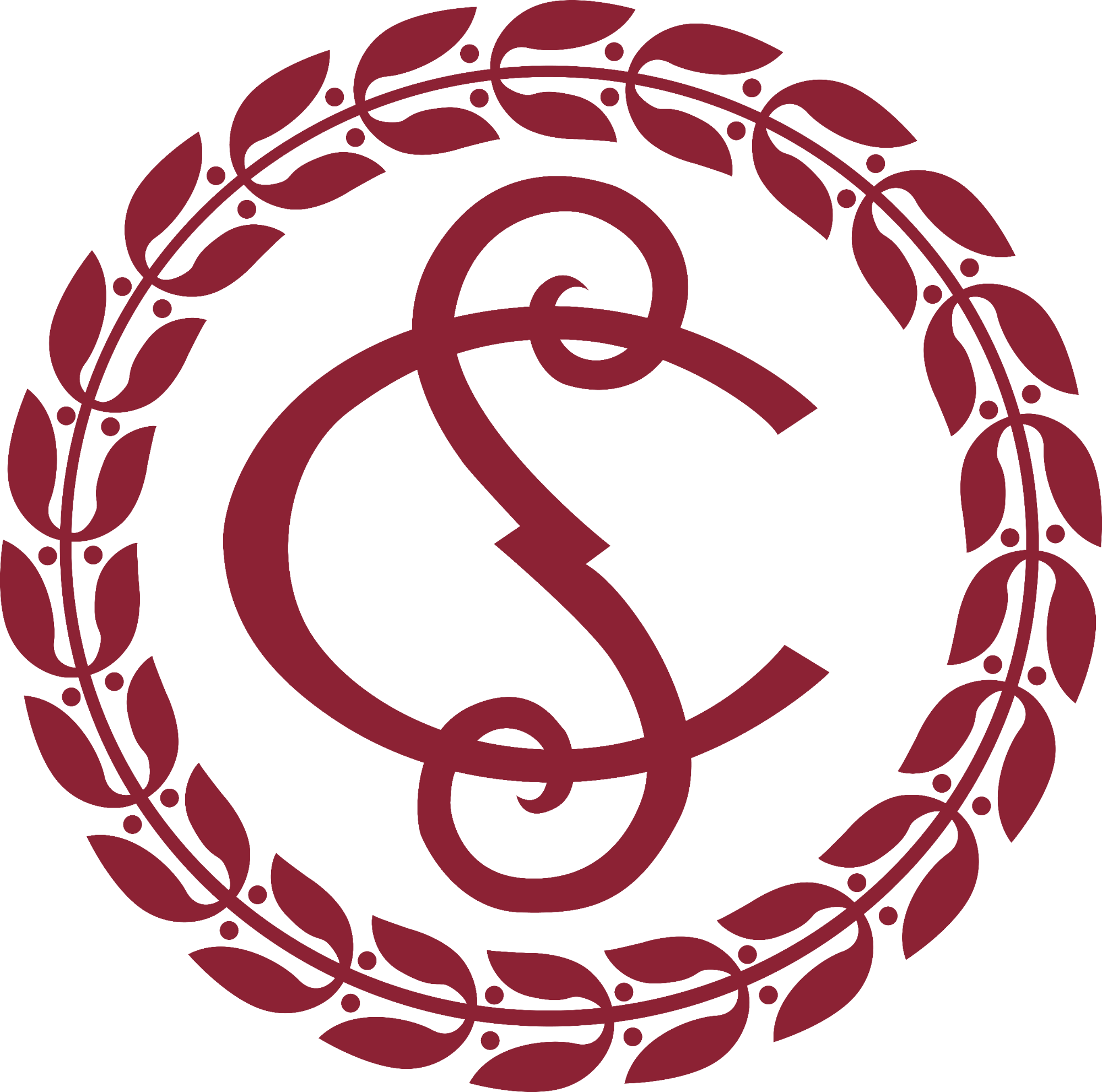Case in Brief
Cases in Brief are short summaries of the Court’s written decisions drafted in plain language. They are prepared by communications staff of the Supreme Court of Canada. They do not form part of the Court’s reasons for judgment and are not for use in legal proceedings.

Deans Knight Income Corp. v. Canada
Additional information
- See full decision
- Date: May 26, 2023
- Neutral citation: 2023 SCC 16
-
Breakdown of the decision:
- Majority: Justice Rowe dismissed the appeal (Chief Justice Wagner and Justices Karakatsanis, Martin, Kasirer, Jamal and O’Bonsawin agreed)
- Dissenting: Justice Côté would have allowed the appeal
- On appeal from the Federal Court of Appeal
- Case information (39869)
- Webcast of hearing (39869)
- Lower court rulings:
Case summary
The Supreme Court upholds a decision by the Minister of National Revenue to deny tax deductions to a British Columbia-based company that engaged in abusive tax avoidance.
In 2007, Forbes Medi-Tech Inc. (now Deans Knight Income Corporation) was a British Columbia-based drug research and nutritional food additive business in financial difficulty. It had accumulated approximately $90 million of unclaimed non-capital losses and other tax credits. Non-capital losses are financial losses resulting from carrying on a business that spends more than it makes in a given year. Under the Income Tax Act (the Act), a taxpayer can reduce their income tax by deducting non-capital losses from its taxable income. If the taxpayer does not use all, or a portion, of the loss in the year it incurred it, they may carry the loss back three years, or forward 20 years. However, under section 111(5) of the Act, when another entity acquires control of the company, the new owners may not carry over those non-capital losses and deduct them from its future taxes, unless the company continues to operate the same or a similar business.
Deans Knight wanted to use its non-capital losses but did not have sufficient income against which to offset them. In early 2008, it entered into a complex investment agreement with venture capital firm Matco Capital Ltd, to help it become profitable. The agreement was drafted in a way that ensured Matco did not acquire control of Deans Knight by becoming the majority shareholder because that would trigger the restriction on carrying over losses under section 111(5) of the Act. However, in effect, Matco gained considerable influence over Deans Knight’s business affairs. It found a separate mutual fund management company that would use Deans Knight as a corporate vehicle to raise money through an initial public offering. That money would then be used to transform Deans Knight into an investment business. This was attractive to Deans Knight because it could make use of its non-capital losses to shelter most of the new business’ portfolio income and capital gains.
The business plan was successful. When Deans Knight filed its tax returns for 2009 to 2012, it claimed nearly $65 million in non-capital losses and other tax credits, thereby reducing its tax liability. However, the Minister of National Revenue (the Minister) reassessed Deans Knight’s tax returns and denied the deductions. The company appealed that decision to the Tax Court of Canada.
The Tax Court found that Deans Knight gained a tax benefit through a series of transactions that it concluded primarily for tax avoidance purposes, but that the transactions did not amount to an abuse of the Act, namely section 111(5). The Minister appealed to the Federal Court of Appeal, which held that the transactions were abusive. It applied the “general anti-avoidance rule” (GAAR) under the Act to deny Deans Knight’s tax deductions. The GAAR operates to deny tax benefits flowing from transactions that comply with the literal text of the Act, but that nevertheless constitute abusive tax avoidance. Deans Knight appealed to this Court.
The Supreme Court has dismissed the appeal.
The transactions went against the rationale of section 111(5) of the Income Tax Act and amounted to abusive tax avoidance.
Writing for the majority, Justice Rowe decided the transactions were abusive and the GAAR applied to deny Deans Knight’s tax benefits. Despite complying with the literal text of a provision in the Act, a transaction is abusive if it frustrates its rationale. Justice Rowe said the rationale behind section 111(5) of the Act is to prevent corporations from being acquired by unrelated parties in order to deduct their unused losses against income from another business for the benefit of new shareholders.
Deans Knight was fundamentally transformed through a series of transactions that achieved the outcome that the Act sought to prevent, while narrowly circumventing the restriction in section 111(5). Matco did not acquire control of Deans Knight through majority voting shares but achieved its functional equivalent and fundamentally changed the company’s business. As Justice Rowe explained, “the appellant was gutted of any vestiges from its prior corporate ‘life’ and became an empty vessel with [unused deductions]”. He concluded the results of the transactions clearly frustrated the rationale of section 111(5) and therefore constituted abuse. For these reasons, he restored the Minister’s reassessment denying the tax deductions.
